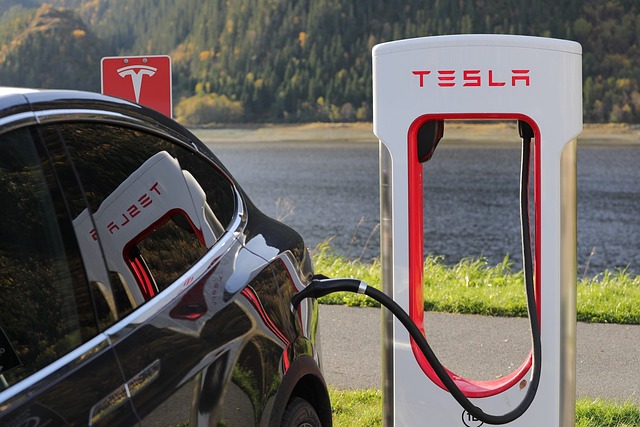The past few years have been plagued by all manner of professional fearmongering, not the least of which is the overuse of the term forever chemicals. It got popular with the media and “activists” at the same time the enviro-radicals were looking for a way to reduce water consumption.
Cleaning water is carbon intensive and emits things the Climate cult insists are dooming the world. None of that is true, but that’s their Modus Operandi for everything, including fossil fuels and your lifestyle. Make everything more expensive or harder to get, and meaningless emissions go down with your quality of life. Not sure you agree? You are living it right now.
Related: Would It Sort Of, Kind Of, Suck If That Facemask You Forced People to Wear Gave Them Cancer?
Water Water Everywhere
Water is no different. Armed with spotty science and scary language, the nation has quickly fallen under the pall of yet another assumption. First, that PFAS is a forever chemical – we still don’t know that. And second, if it is, it could accumulate to a point where it might cause cancer – the actual science is still out on that. But let’s say it’s true despite the rates of cancer for PFAS workers being at or below the average of everyone else (that data is older than the plot to use PFOA and PFAS as a tool, so apologies if it is outdated, or god help us accurate).
PFAS does accumulate in the human body. Most of us have some, and it has no meaningful effect and never will (which is why they labeled it a forever chemical). BUT – if, as advertised, and they are right about the risk, and this is bad because there is no mechanism to relieve it (natural or crafted in, say, a dual-use gain of function bio lab in Wuhan), and at some point, you might start popping tumors, then what are these same fearmongers prepared to do about this problem?
These chemicals, which are used to enhance battery performance and reduce flammability, were found in high concentrations in environmental samples near EV battery manufacturing plants in the United States, Belgium, and France.
Ironically, one of the few retardants available to help firefighters extinguish lithium battery fires is a PFAS-based foam that is being banned everywhere that lithium vehicles are behind heralded (or is that mandated) as the future of all car fires. Fires that cannot be extinguished easily and are typically contained and allowed to burn …for hours, releasing hot gases from rare earth metals as well as (presumably) PFAS fumes into the local environment.
Related: PFOA v. Solar Panels: Proof That NH Democrats Are Not Serious About “Clean” Drinking Water
While supporters argue that electric vehicles are crucial for reducing carbon dioxide emissions, the potential increase in PFAS pollution presents a new environmental hurdle. As Guelfo stated, “Slashing [carbon dioxide] emissions with innovations like electric cars is critical, but it shouldn’t come with the side effect of increasing PFAS pollution.”
The research team conducted a comprehensive “cradle-to-grave” evaluation of bis-FASIs in lithium-ion batteries, testing more than a dozen batteries used in EVs and consumer electronics. They detected these chemicals at parts per billion levels, significantly higher than the limits recently set by the Environmental Protection Agency (EPA) for PFAS in drinking water.
Good times.
Oh, one more point before I go. Let us not forget that, per the reporting and research, lithium Battery manufacturers add PFAS to the product to reduce the risk of fires. In other words, fires are a known risk and side effect, and removing PFAS, presumably, would only increase the risk of adding even more toxic chemicals into the atmosphere from burning EVs.
Happy Greening the Planet Cultists.
